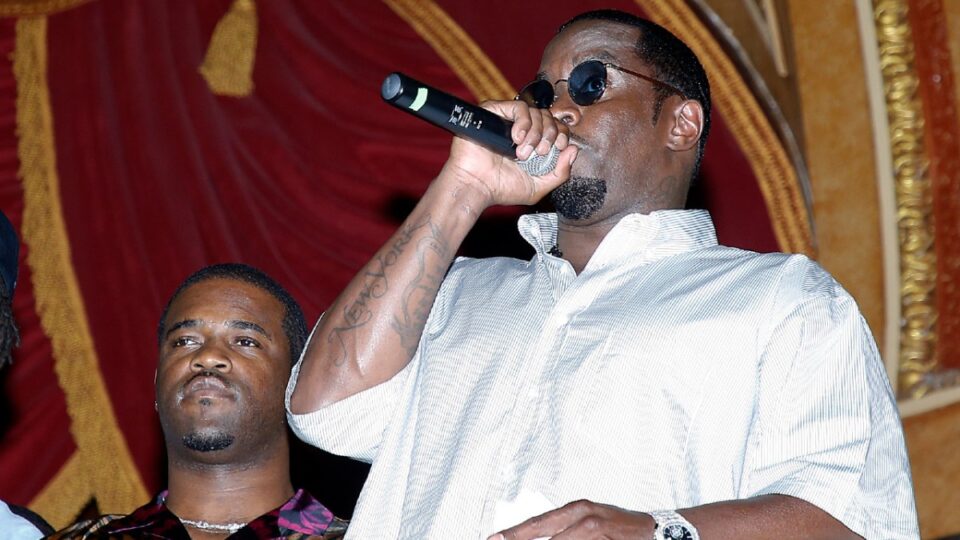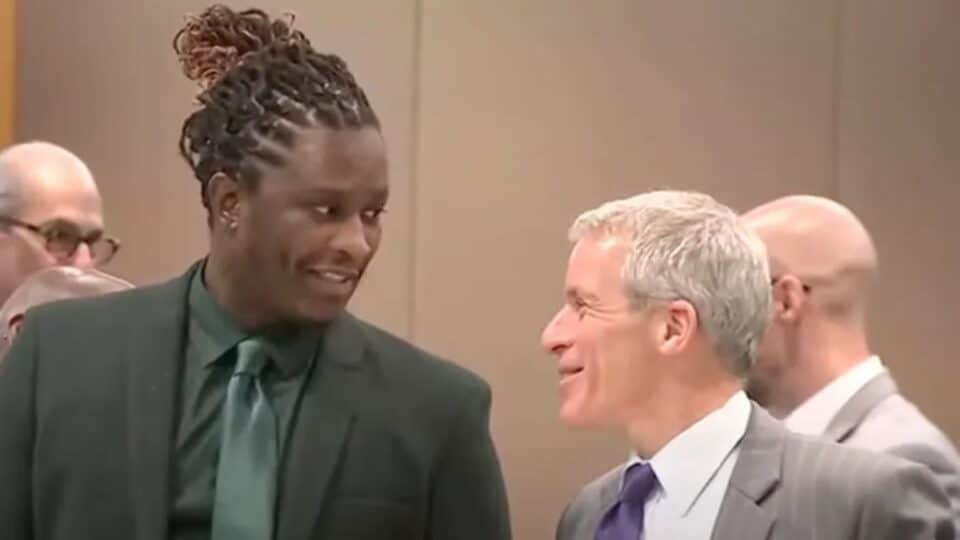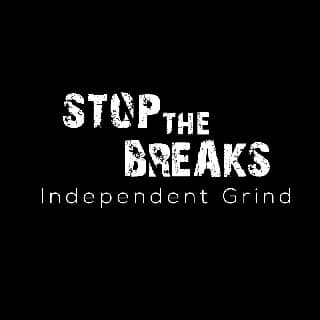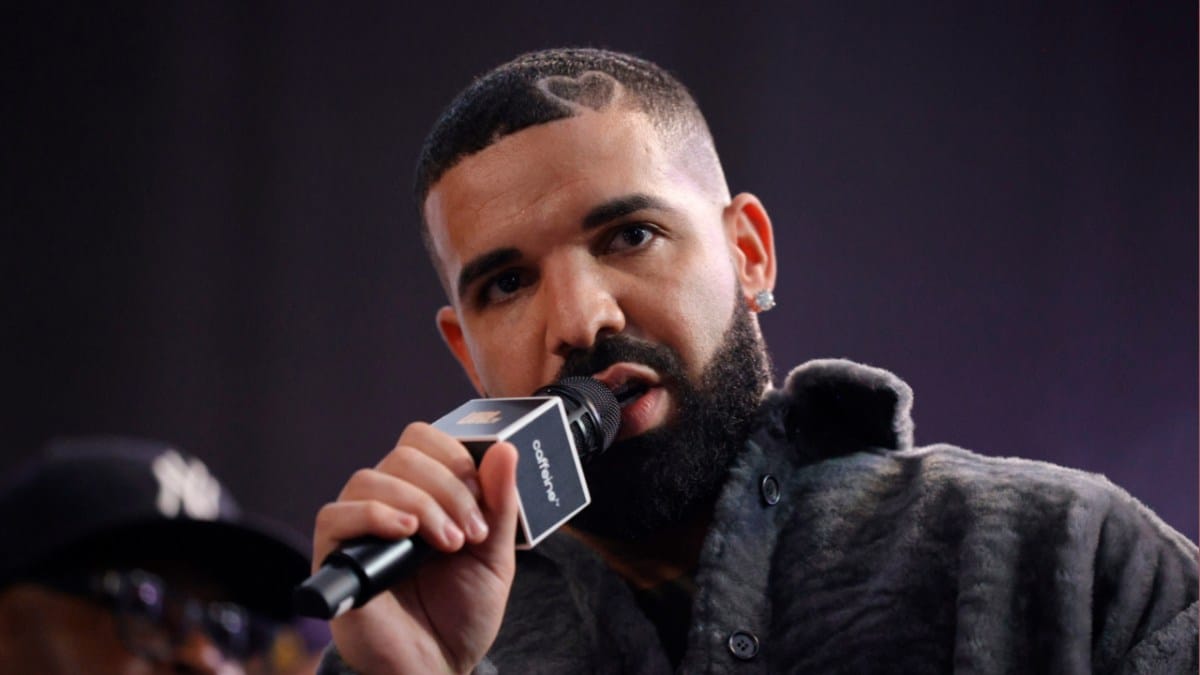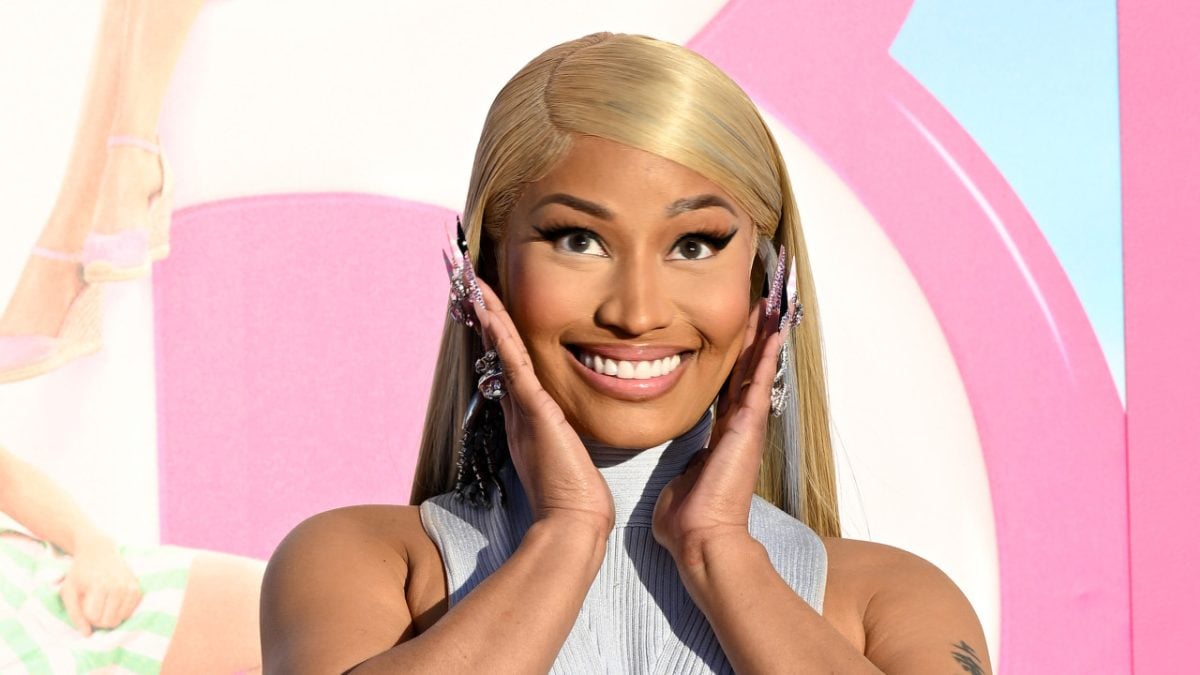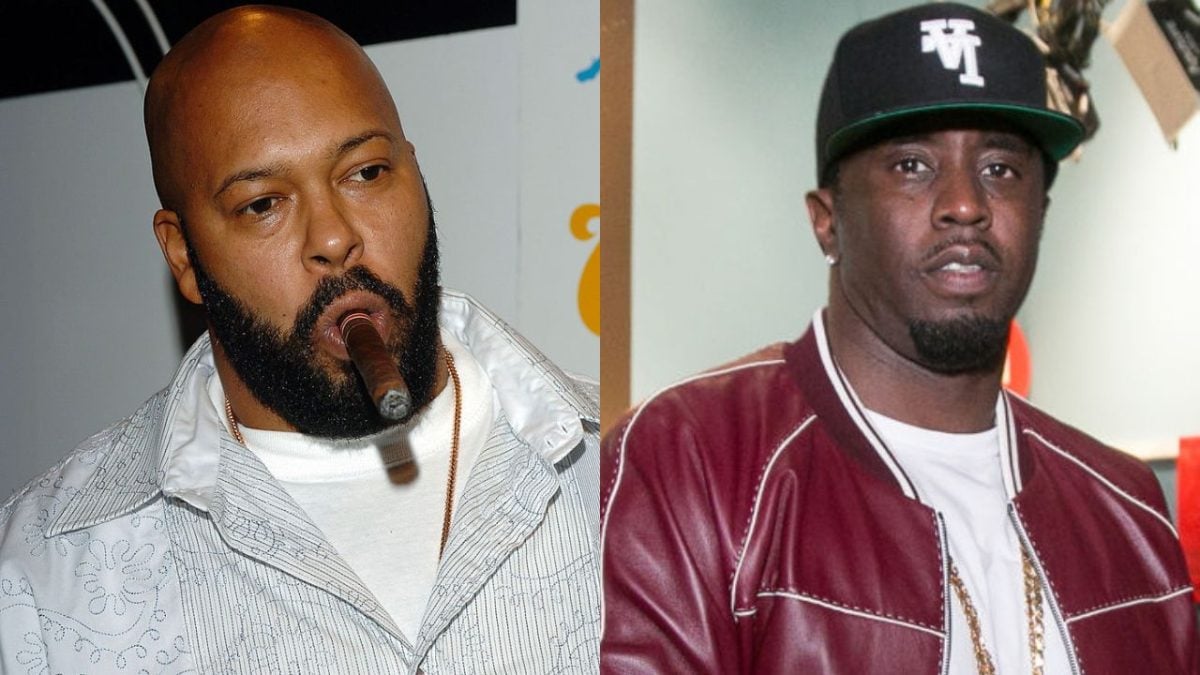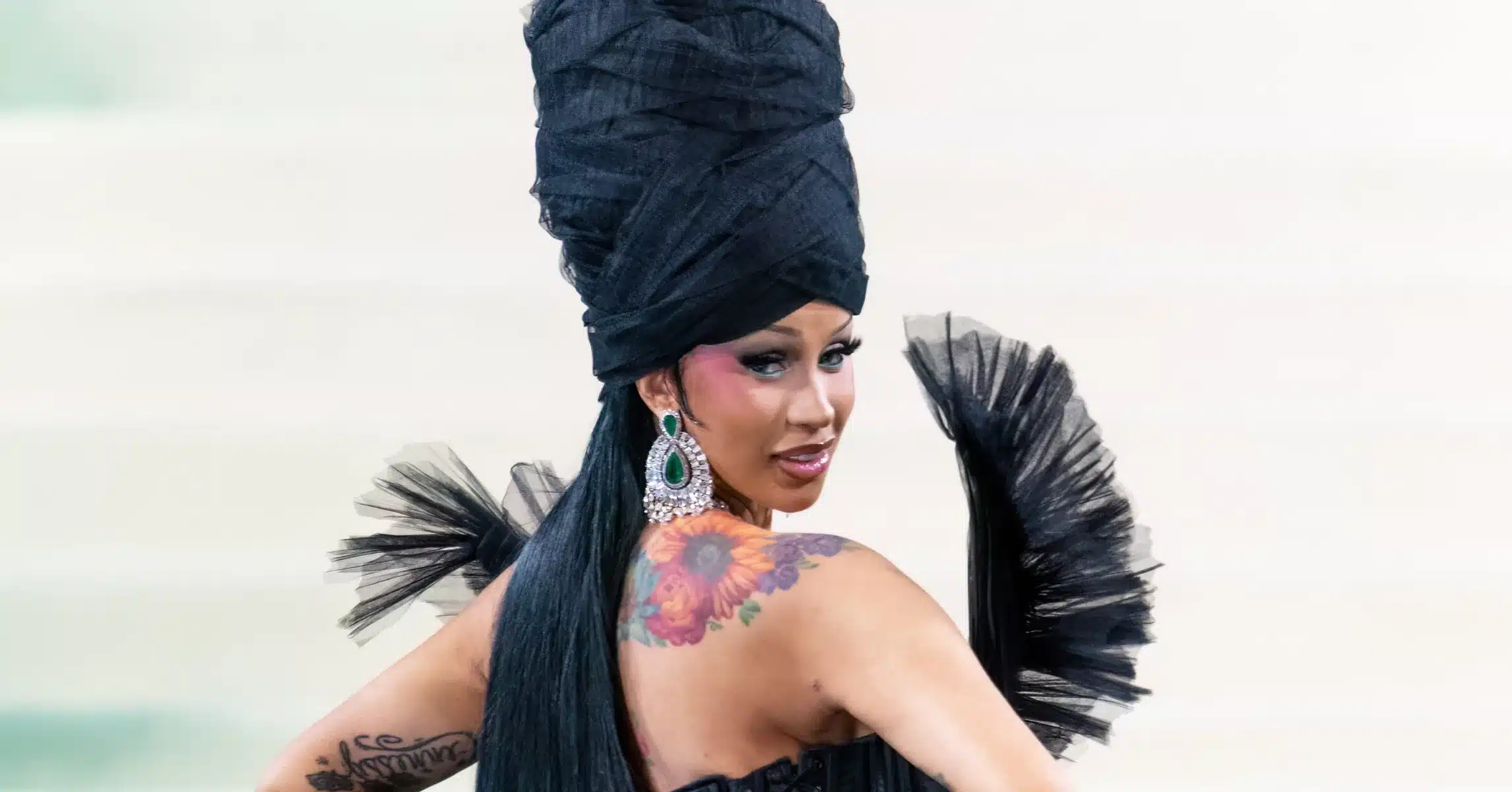In a world where giants once stood untouchable, the hip hop community now sees seismic shifts as revered names face mounting criticism. As the year draws to a close, fans and critics alike are buzzing with chatter about who took the hardest fall in 2024.
The spotlight today isn’t just on emerging artists but also on those who seemed to have an unshakeable legacy. Among these, Young Money, home to stars like Drake, Nicki Minaj, and Lil Wayne, finds itself unexpectedly in the ring of public scrutiny. For those in the media landscape, the shift in tone towards these artists is palpable, almost unthinkable, considering the heights they once commanded.
Lil Wayne, once a constant on any hip hop lover’s playlist, is now facing unexpected backlash. It’s bewildering for those who remember a young Wayne, dominating the charts, to see his status called into question. His past performances, lauded as legendary, are now dissected as if time has dulled their shine. Comparisons with recent Super Bowl performers also stir debate, with some questioning his ability to headline such an event, despite his extensive catalog of hits.
Meanwhile, Nicki Minaj, another powerhouse from the Young Money camp, has had her share of contentious moments this year. Her strong personality and vocal presence on social media have drawn both ire and admiration. A simple critique on her musical direction unleashed the fervor of her dedicated fanbase, the Barbs. When provoked, Nicki didn’t hold back, diving into a social media storm, defending her artistry and choice of musical style with vigor.
For Drake, the narrative is a bit different yet equally intense. Public perception seems to ebb and flow like the tides. While some say his star power remains untarnished, others argue that he’s no longer the golden child of hip hop. The scrutiny isn’t so much about his musical prowess but more about how people perceive him as an artist here and now, revealing underlying tensions that have been simmering for years.
The conversation draws parallels to a political era where the masks came off, and true feelings were laid bare. It’s as if the critiques of these artists are giving voice to long-standing sentiments that were previously whispered. There’s a rawness, a realness about it that’s almost refreshing, despite being harsh.
In a sphere where perceptions are as fluid as the beats that drive it, the discourse around Young Money in 2024 underscores the ever-changing nature of fame and artistry. While criticism stings, it also reflects an evolving dialogue within hip hop—a genre that thrives on transformation and resilience.
